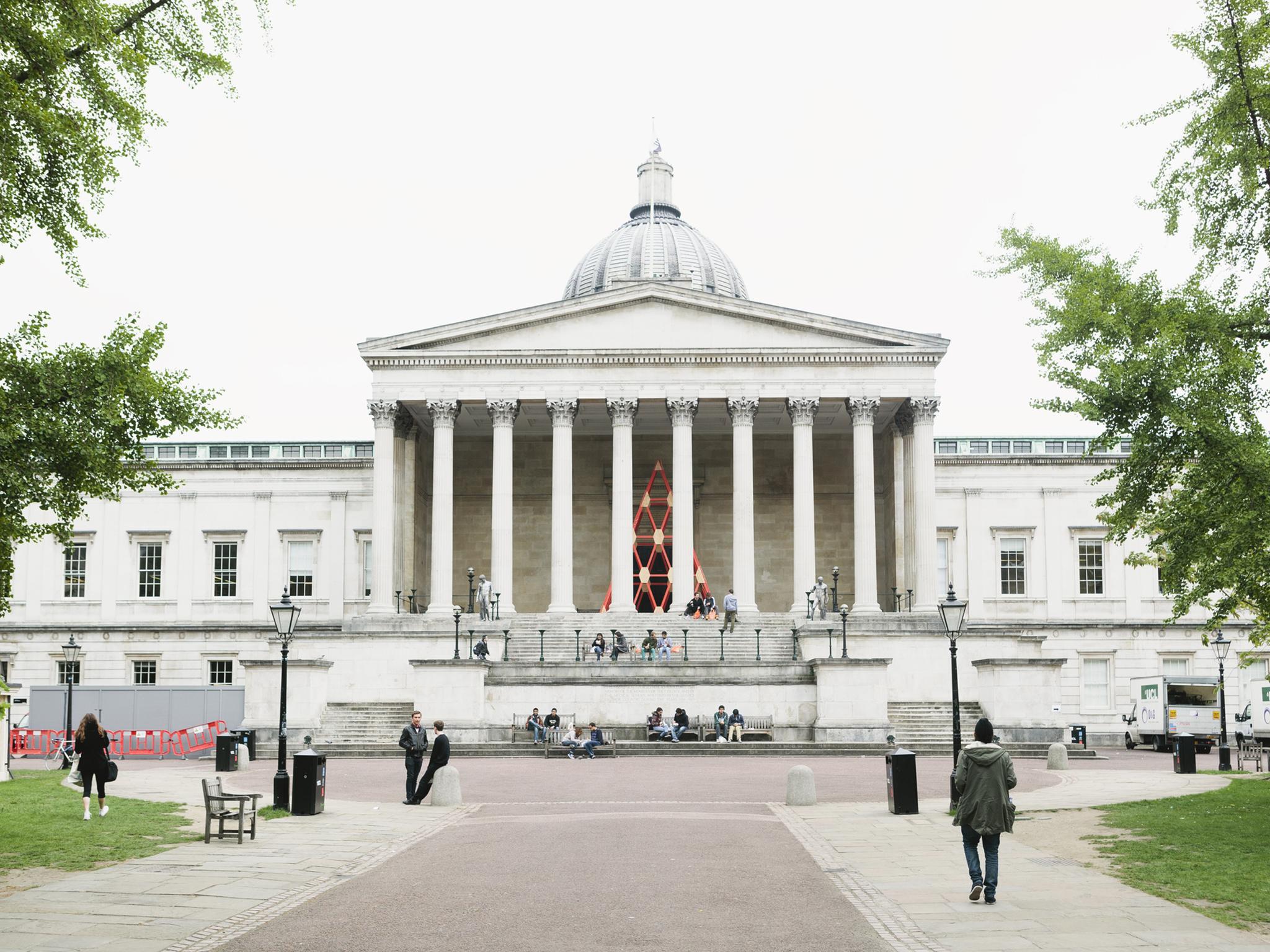Not enough Africa in African studies course, graduates claim
Universities must take action to remove bias towards white middle-class men, union tells The Independent

Your support helps us to tell the story
From reproductive rights to climate change to Big Tech, The Independent is on the ground when the story is developing. Whether it's investigating the financials of Elon Musk's pro-Trump PAC or producing our latest documentary, 'The A Word', which shines a light on the American women fighting for reproductive rights, we know how important it is to parse out the facts from the messaging.
At such a critical moment in US history, we need reporters on the ground. Your donation allows us to keep sending journalists to speak to both sides of the story.
The Independent is trusted by Americans across the entire political spectrum. And unlike many other quality news outlets, we choose not to lock Americans out of our reporting and analysis with paywalls. We believe quality journalism should be available to everyone, paid for by those who can afford it.
Your support makes all the difference.There was not enough Africa in a master’s course in African studies at a top university, graduates say.
Former students of the University College London (UCL) have written an open letter to the leading institute to criticise the “Eurocentric” teaching and content of the programme.
The letter, from the three female UCL graduates, concludes: “The irony is not lost on us that we are calling for a centring of Africa in an African studies programme, and yet, it needs to be done.”
Their call is the latest example of growing pressure from students to “decolonise” the university curriculum.
Speaking to The Independent, the president of the National Union of Students (NUS) has called on universities to take action to ensure the system is not biased towards white middle-class men.
In one of her first interviews since taking up the role, Zamzam Ibrahim said she believes some institutions lack the motivation to make a significant change to diversify their campuses.
She said: “The university sector as a whole needs to understand there are structural biases. When universities were set up it was a space for predominately for white, middle-class men. An education system that was set up to advantage a particular group of people still exists to this day.”
Jesutofunmi Odugbemi, Orapeleng Rammala and Wangui wa Kamonji, who are all of African descent, took the master’s course in 2017-18, where they say the majority of professors were white.
The trio added that the course included a “disproportionately large number of cis-white male voices”.
“The first class of our core African studies module began with how Europe has seen Africa historically, and only when we got to the final class of the module did students finally get a chance to consider how Africans have seen and see themselves,” the letter says.
Speaking to Times Higher Education, Ms Kamonji said the main reason for the letter was to benefit “future students” who could “have a better picture of Africa through their studies”.
She hopes the reading list will also be changed to include more diverse voices and African scholars.
A UCL spokesperson said: “Students are at the heart of what we do and we value their opinions and feedback to improve the education we offer and their experience while studying at UCL.
“Our work in Africa has always been in collaboration with and influenced by leading African scholars and the course has received consistently positive feedback from students during the four years it has run.”
They added: “Our staff listened to the concerns raised by three students in the 2017-18 cohort, and wherever possible, implemented changes for the following year.”
Join our commenting forum
Join thought-provoking conversations, follow other Independent readers and see their replies
Comments